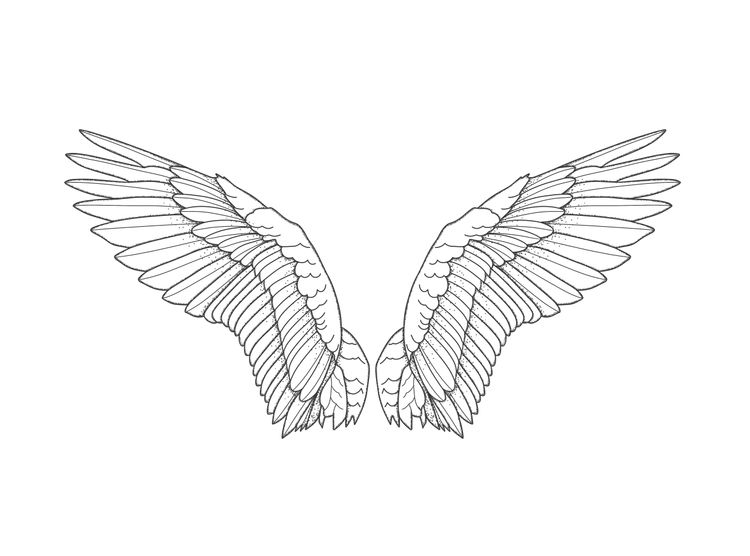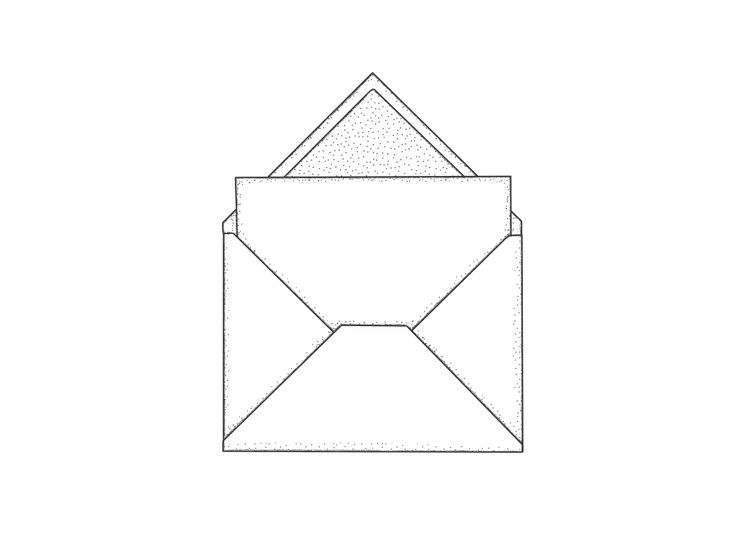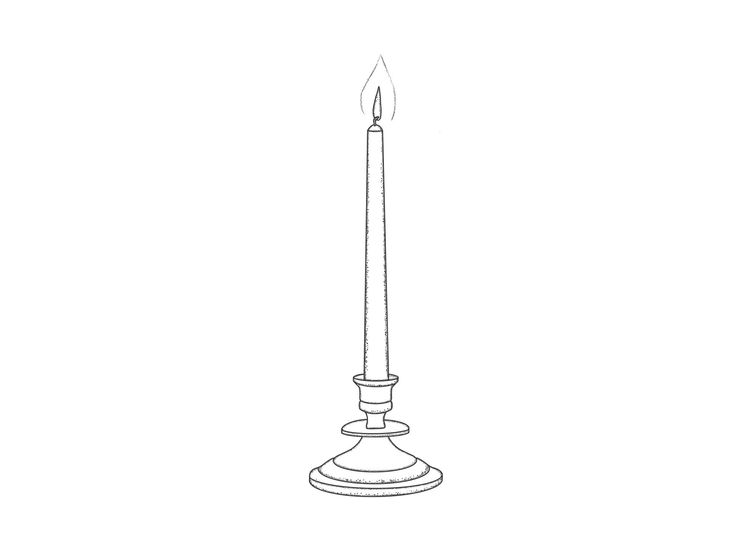Ritual

For Adam.
Ritual marks the beginnings and the ends of things—a day, a season, a year, a chapter in our lives, a role we play, a relationship, our time on earth. It punctuates our lives. It lets us see things as a whole and make meaning from them.
In ritual, we join ourselves to the great human story—the trauma of birth, our coming of age, retirement from our public lives, our passage in death. We wear masks worn by generations before us. We put on the warrior's armor, the priest's robes, the shaman's headdress. We walk their path. We are called to adventure and journey into the unknown.
In ritual, we join ourselves to the vast cosmic story—the seasons, the drama of the heavens, the cycle of destruction and rebirth. We feast at summer's solstice. We celebrate the harvest. We gaze in awe at shadows cast upon the sun and moon.
Ritual marks our transcendence. It reveals the forms that live beyond and through us. In ritual, we escape the parochial concerns of our little lives. We slay the petty tyrant ego and find a larger part to play—the higher truth of who we are, what we contribute, how we belong.
"Dead are all the Gods," said Nietzsche's Zarathustra. With their dying, the ancient rituals that joined our individual lives to the grand story of the universe have decayed and fallen away. Myth now signifies "lie", not some revelation of transcendent truth. Our once-sacred lives have become merely economic, merely material. We consume and we produce, slaves to the system, in thrall to the machine.
And yet, our search for meaning beyond ourselves burns as brightly as it ever has. Abraham Maslow had it right when he made transcendence the highest of our needs. What strange creatures we are! What we long for most is to escape ourselves.
How are we to do this in our godless age? We each must find the strength and courage within us to undertake our own hero's journey, wrote Joseph Campbell in The Hero With a Thousand Faces.
The modern hero, the modern individual who dares to heed the call and seek the mansion of that presence with whom it is our whole destiny to be atoned, cannot, indeed must not, wait for his community to cast off its slough of pride, fear, rationalized avarice, and sanctified misunderstanding. "Live," Nietzsche says, "as though the day were here." It is not society that is to guide and save the creative hero, but precisely the reverse. And so every one of us shares the supreme ordeal—carries the cross of the redeemer—not in the bright moments of his tribe's great victories, but in the silences of his personal despair.
Boy, did David Bowie heed the call. Watching the brilliant documentary Moonage Daydream this week, what came to me was the freedom from himself that Bowie found in his creativity; and the loneliness of the modern hero's journey. Can you hear me, Major Tom?
The gestalt psychologists of the early twentieth century developed "laws of perception" that govern how we pattern, order and form our experience of the world. The first of these is the law of closure. "We make sense of images by closing any gaps that may be missing," writes Dave Mann in Gestalt Therapy. If I show you a bunch of dots arranged along an invisible circumference, for example, you will see a circle. As we make meaning from the world, we seek completion. Beginnings and endings are everything to us.
In Wintering, Katherine May describes joining a crowd of pilgrims to celebrate winter's solstice at Stonehenge.
There are people in Peruvian ponchos; dreadlocked New Age travellers; women in long medieval gowns; a man in a silver space suit, playing a melodica. Music drifts from all around: a host of different drums, a singing bowl, a few chords on a squeezebox.
"Is this an invented religion?" she asks,
cobbling together borrowed rituals, and harking back to an imagined past where mysticism reigned? Probably. Maybe. But I don't think it matters. It expresses a craving that so many of us will recognise. Have we really got so far into the realm of electric light and central heating that the rhythm of the year is irrelevant to us, and we no longer even want to notice the point at which the nights start getting shorter again? If our current society lacks a way to offer us the meanings we seek, then it's entirely reasonable to reimagine the old ways of doing it, or to create new ones.
Prayers
At the monastery, I chant
In words I do not understand.
I offer thanks
To the bodhisattvas
Whose names I do not recognize—
Avalokiteshvara, Kshitigarbha, Manjushri, Samantabhadra.
At home, I pour myself tea
From a Japanese teapot I found
On Etsy.
I meditate. I ring my singing bowl three times.
I bow to the morning sun.
I say my thanks—
To whom I do not know.
Each week I explore a life metaphor that has touched me in my coaching. Subscribe to get my newsletter every Sunday morning. You can also follow me on Medium, or on LinkedIn. Feel free to forward this to a friend, colleague, or loved one, or anyone you think might benefit from reading it.




